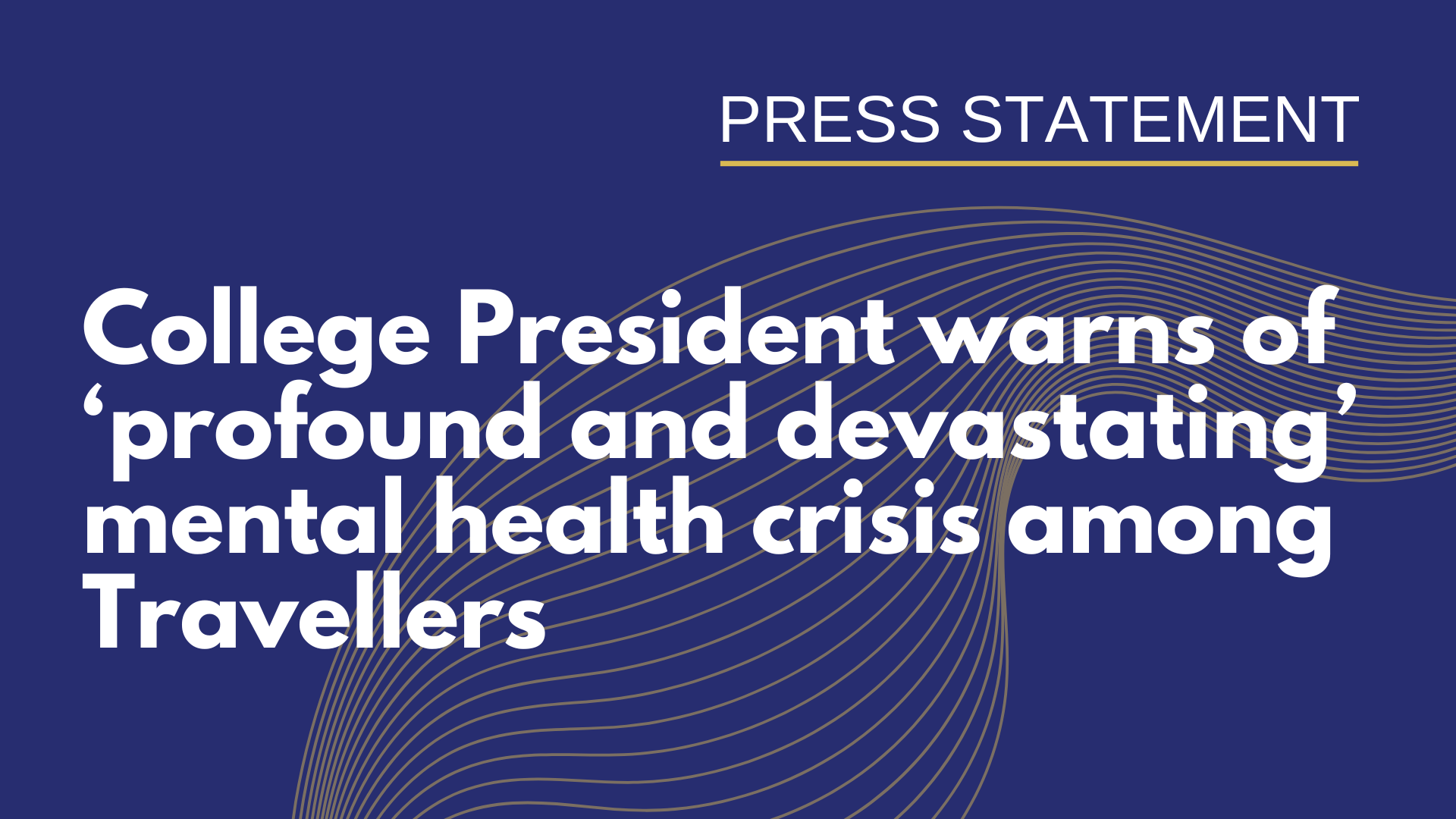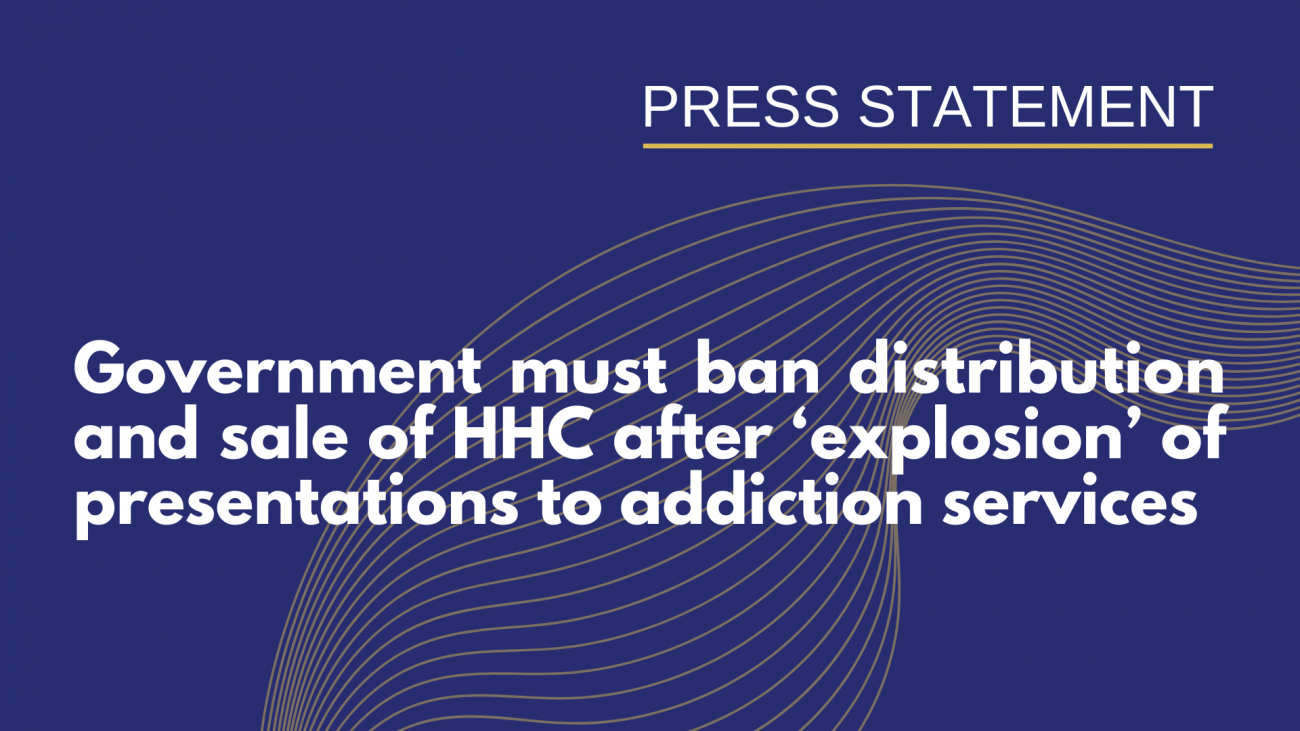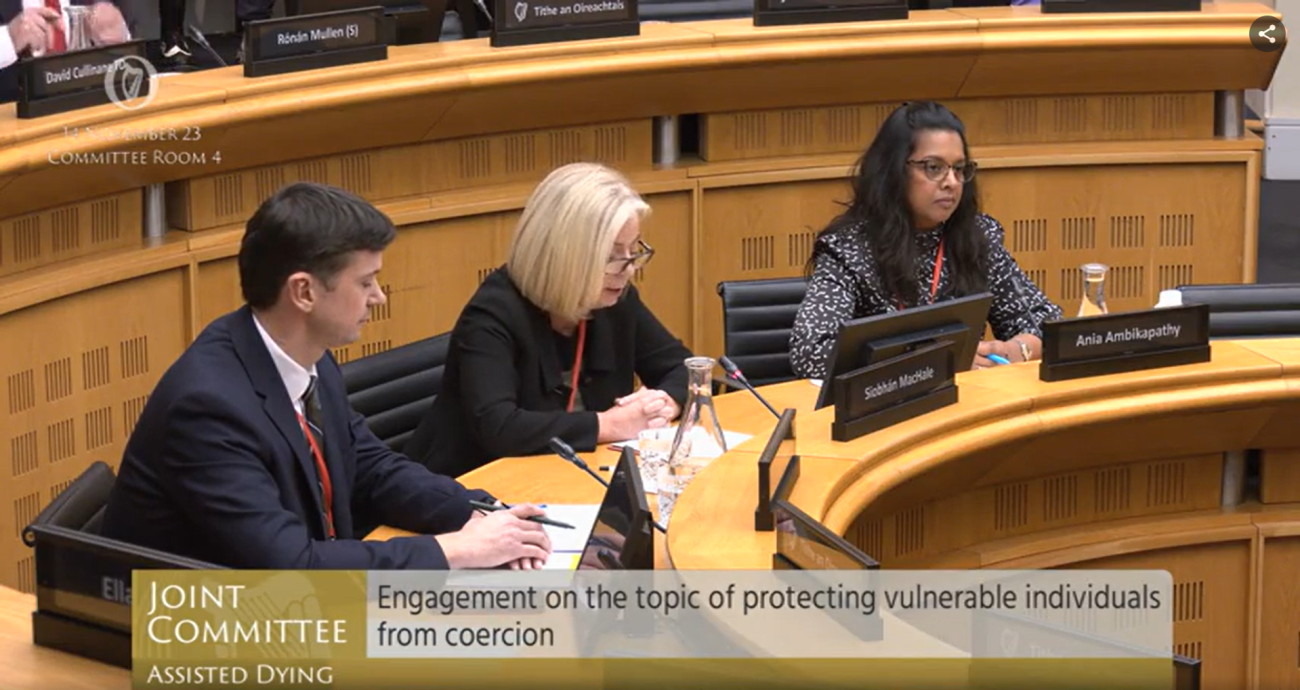-
Traveller Mental Health Education and Awareness Day took place on 16 October in Tralee, Co Kerry
-
‘It is barely conceivable in the 21st century that we have an ethnic group in Ireland that is experiencing such astronomical rates of both suicide and mental health crises in general’
The President of the College of Psychiatrists of Ireland (CPsychI) has said that a mental health crisis among Travellers is having a “profound and devastating effect” on the community.
This warning came in advance of the Traveller Mental Health Education and Awareness Day, an event co-hosted by the College of Psychiatrists of Ireland and the Kerry Travellers Health and Community Development Project, which took place on Wednesday, 16 October in Tralee, Co Kerry.
The event aims to support the Traveller community to recognise and discuss mental health difficulties, as well as relevant supports, resources and services that are available.
Key Traveller mental health statistics:
- Suicide accounts for 11% of all deaths within the Traveller community which is six times the national average, with the rate being almost seven times higher for Traveller men compared to the general male population.
- 70% of completed suicides are first attempts, which suggests a community that does not seek help or engage with services at an early stage.
- An estimated 10% of residents of the Central Mental Hospital are Travellers, more than ten times their share of the population would suggest.
- 9% of Traveller respondents had frequent mental distress, defined as 14 or more days of poor mental health in the preceding month. This was two and a half times greater than that reported in a population sample of the general Irish public.
- Over half (56%) of Travellers reported that poor physical and mental health restricted normal daily activities.
Speaking at the event, Dr Lorcan Martin, President of the College of Psychiatrists of Ireland and a consultant in general adult psychiatry, said: “It is barely conceivable in the 21st century that we have an ethnic group in Ireland that is experiencing such astronomical rates of both suicide and mental health crises in general. This ongoing problem is having a profound and devastating effect on the Traveller community, and as a society we must act as a matter of urgency to address it. Virtually all psychiatrists will have members of the Traveller community in their area and anecdotally we experience significant difficulties of getting and sustaining engagement in treatment. As such, this education and awareness day is of major importance to both the Traveller community and the wider public.”
Ms Brigid Quilligan, Manager of the Kerry Travellers Health and Community Development Project, said: “Our community is in the midst of a serious mental health crisis. This devastating reality affects people of all ages, leaving a profound impact on families and the wider Traveller community. Our aim is to create awareness of this, to build future collaborations and to inform Government deliberation on a National Mental Health Policy for Travellers.”
Mr Thomas McCann, Manager of the Traveller Counselling Service, said: “The Traveller community in Ireland is currently facing a severe mental health crisis, with suicide rates seven times higher than those in the settled population, accounting for 11% of all Traveller deaths. This devastating reality affects people of all ages, leaving a profound impact on families and the wider Traveller community. Addressing this crisis urgently requires a well-funded, comprehensive strategy to provide the support and resources needed to save lives.”
On Wednesday, Minister of State for Mental Health and Older People Mary Butler has confirmed additional ringfenced funding for Traveller mental health in Budget 2025.
Responding to this, Dr Martin said: “This confirmation of additional funding is welcome, but it is important we see the corresponding improvement in services in order to address what is a particularly crucial issue.”




